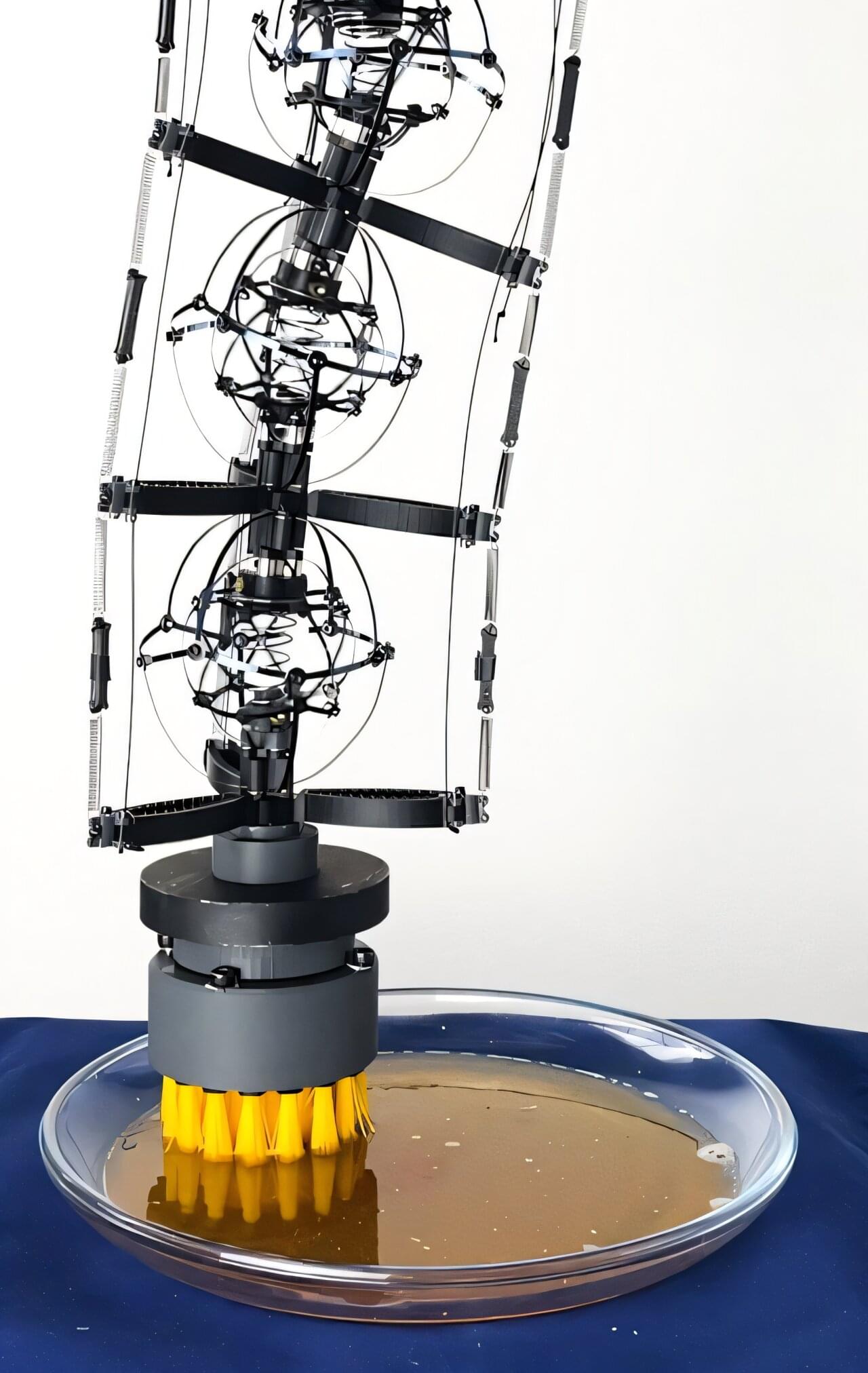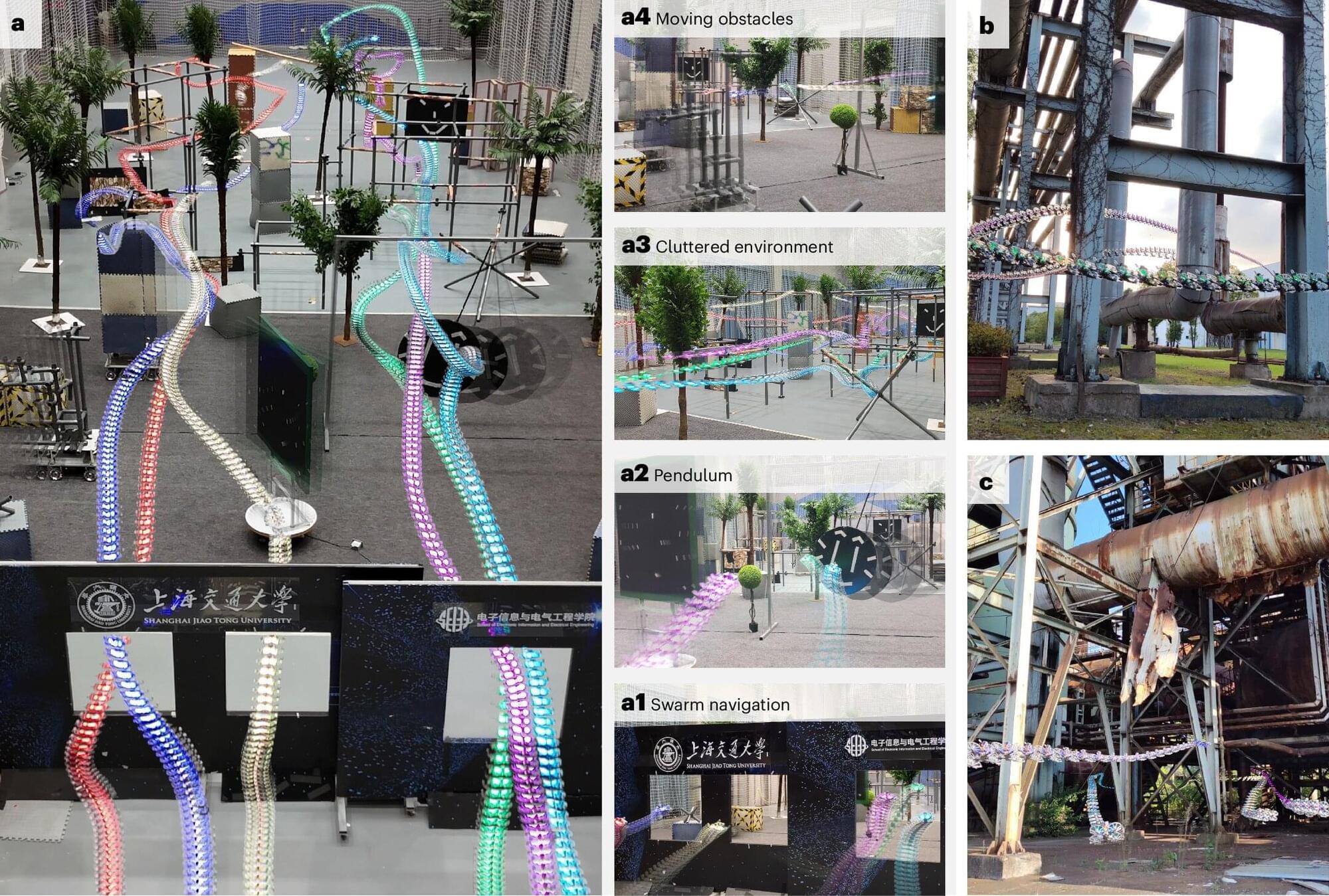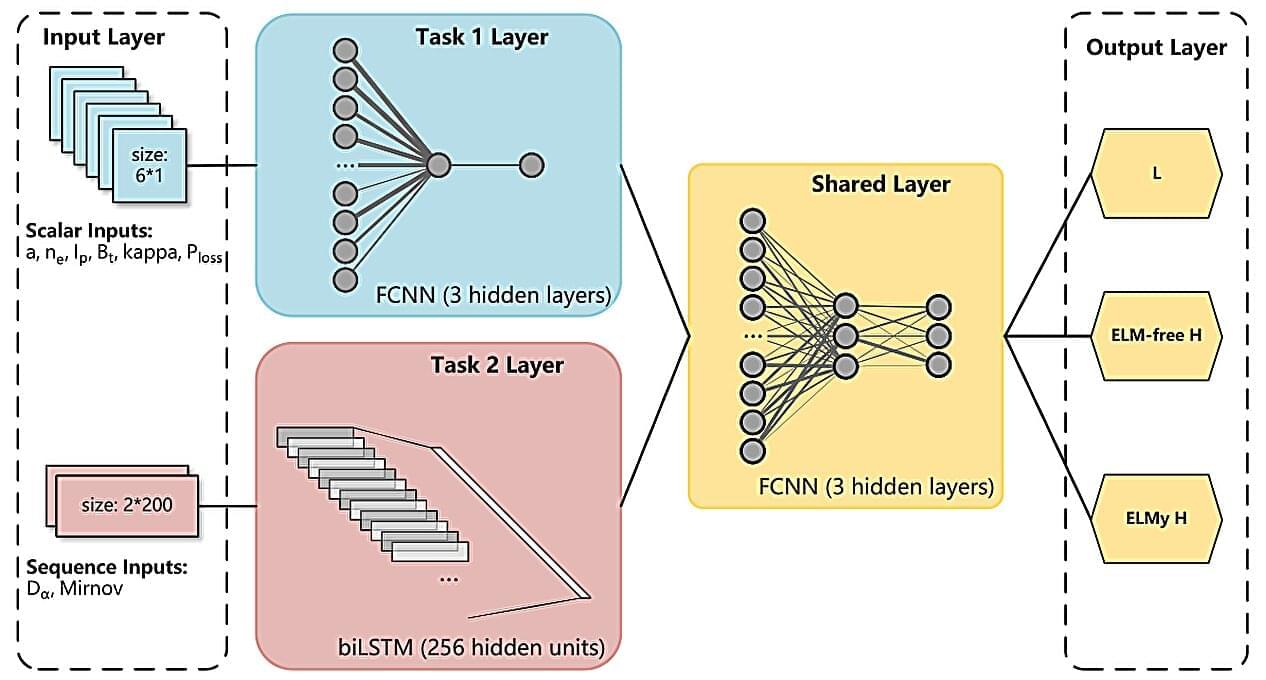Size matters. Economists have long known that; economies of scale are among the building blocks of their science. In the digital era, it quickly became apparent that value was directly proportional to the size of the network (the number of users linked by a particular technology or system).
The race to create scale is critical amid the sizzling geopolitical competition over leadership in new technologies. It has assumed even greater urgency in Western capitals in the wake of China’s success in that race. They’ve had to reconceptualize scale to overcome the advantages China has a result of the size of its economy and its population. It’s a work in progress and the results are mixed, at best.
For those who’ve forgotten their introductory economics, economies of scale are cost advantages created by expanding operations. As companies build more products, they become more efficient, reducing cost per unit. This allows them to produce even more of that product, reinforcing their competitive advantage and keep the virtuous circle turning.









